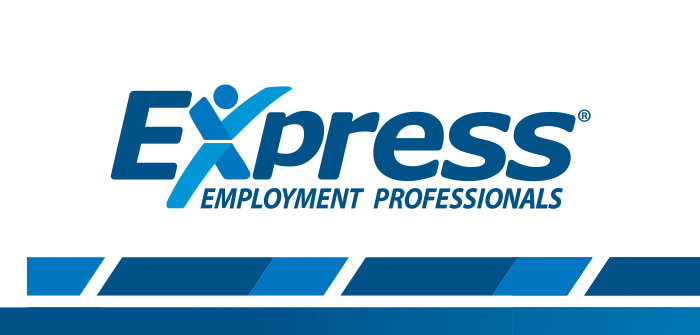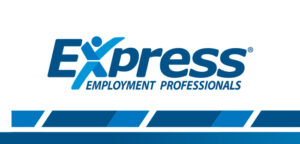Latest Results from The Harris Poll
SOURCE: Express Employment Solutions, Employment Trends, April 2021
A majority of employees at U.S. companies regularly worked from home in 2020 during the COVID-19 pandemic, an arrangement 1 in 3 (35%) hiring decision-makers say will become the new normal.
This is according to a new survey from The Harris Poll commissioned by Express Employment Professionals.
The 57% of employees who worked remotely in 2020 is up from an average of 42% in 2019. Among those with employees who worked remotely in 2020, nearly half (48%) expect the majority of employees who began working remotely during the COVID-19 pandemic to return to a physical workplace within six months. Seventeen percent say the majority have already returned to a physical workplace.
Jan Riggins, general manager for two Express franchises in Fort Worth, Texas, says what she knew before the pandemic was that some people enjoy and thrive in a work-from-home environment, while others do not. But for her office, pivoting to a hybrid model of remote work could have positive lasting results.
“In our own office, I have seen how our forced experience to work remotely prepared us to have uninterrupted production even with additional challenges such as weather, school closings and individual quarantines,” Riggins said. “In the past, these would have left us hobbled, so perhaps our future does not lead to remote versus not remote, but instead a fluid transition between the two.”
David Robb, director of operations for the Grand Rapids, Michigan, Express franchise also predicts a more dual approach to remote work.
“I think that moving forward, there will be increased flexibility with working remotely or working from the office,” he said. “I also think that many companies are struggling with efficiencies and collaboration by having everyone remote all of the time. Long-term, I predict there will be more of a hybrid approach with office space and work from home when needed.”
Right now, Robb estimates 75% of his office’s clients have at least some employees working from home regardless of industry due to COVID-19 precautions, but acknowledges remote work is easier for office workers than manufacturing producers.
Riggins, on the other hand, estimates a much lower percentage of her office services clients offering remote work, mainly in logistics, large-equipment auctions, electronic components and safety workwear manufacturing.
“The common factor seems to be that these are mainly customer service, accounting and administrative positions, and the companies are large enough to create the technology infrastructure to allow remote work,” she said.
As for when employees will head back to the office, Robb says he thinks workers will phase back in this spring/summer with full capacity for those who are going to return in-person complete by late summer. Riggins sees a bit more expanded timeline of late 2021 or early 2022.
One other byproduct of the transition to remote work during the last year is the evolution of sick leave policies.
“I think there will be more days when someone isn’t able to come into the office for some reason, and whereas before, they would have had to take a personal day. Now it will be a work-from-home day,” Robb said.
Remote work is just one of the many ways companies have had to adapt in the past 12 months and it remains to be seen the lasting impact of this transition, Express CEO Bill Stoller said.
“Until the COVID-19 virus is under control, I believe remote work, in some form, is here to stay,” he said. “Companies need to continue production, and flexibility is key to profitability.”
Survey Methodology
The survey was conducted online within the United States by The Harris Poll on behalf of Express Employment Professionals between Nov. 16 and Dec. 7, 2020, among 1,002 U.S. hiring decision-makers (defined as adults ages 18+ in the U.S. who are employed full-time or self-employed, work at companies with more than one employee, and have full/significant involvement in hiring decisions at their company). Data was weighted where necessary by company size to bring them into line with their actual proportions in the population.
###
If you would like to arrange for an interview with Bill Stoller to discuss this topic, please contact Sheena (Karami) Hollander, Director of Corporate Communications and PR, at (405) 717-5966.
About Bill Stoller
William H. “Bill” Stoller is chairman and chief executive officer of Express Employment Professionals. Headquartered in Oklahoma City, Oklahoma, the international staffing company has more than 830 franchises in the U.S., Canada, South Africa, Australia and New Zealand. Since inception, Express has put more than 9 million people to work worldwide.
About Express Employment Professionals
At Express Employment Professionals, we’re in the business of people. From job seekers to client companies, Express helps people thrive and businesses grow. Our international network of franchises offers localized staffing solutions to the communities they serve across the U.S., Canada, South Africa, Australia and New Zealand, employing 526,000 people globally in 2020. For more information, visit www.ExpressPros.com.


